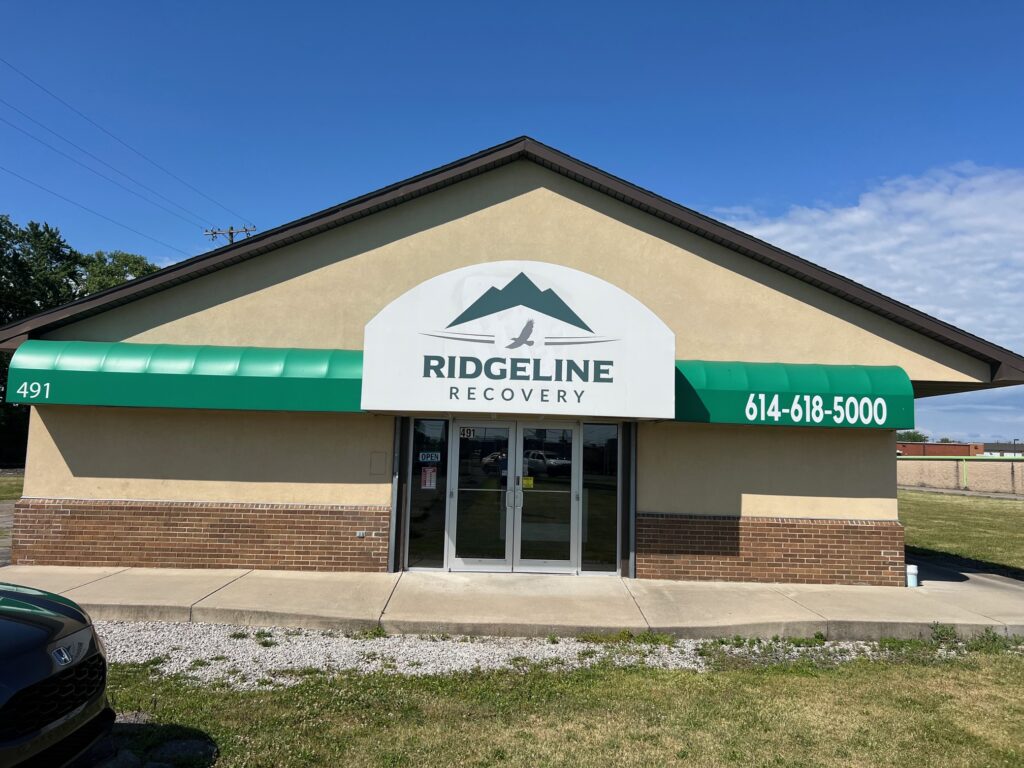
Ecstasy, This study studies the neurological effects of a prevalent recreational drug on brain function when used abruptly and continuously. This study will benefit from studying the substance’s chemical interactions with the brain to understand its ingesting risks. This evaluation, written by a leading alcoholic treatment expert, will show the substance’s cognitive and emotional damage. This inquiry aims to raise awareness of how narcotics may lead anyone down a dangerous path and that we must protect our mental health in all we do.
Ecstasy Addiction in Columbus
Columbus has more persons who are heavily dependent on this chemical, especially younger people, according to study. With Columbus Health Department data revealing a tripling of Ecstasy addiction cases in five years, effective intervention and assistance are needed. Awareness of the difficulties allows for effective problem solving and targeted intervention to overcome and prevent them.
In Depth: Ecstasy Brain Damage effects
The damage it does to a person’s brain can be intense and lasting. Studies suggest that long-term use of Ecstasy can cause neurotransmitter depletion, negatively impacting mood balance (serotonin), memory and overall cognition. In addition, the neurotoxicity of Ecstasy can lead to structural alterations in brain regions involved in decision-making and emotional responses. We are going to discuss some of these adverse impacts, which might motivate you towards finding professional help and clinical treatment solutions in managing the harm caused by dextromethorphan on your body to recover.
Recovery Solutions in Columbus including Ridgeline Recovery
Thankfully, Columbus locals struggling with an Ecstasy addiction have recourse to a host of holistic-driven recovery solutions for long-term healing. There are lots of ways to get alcohol addiction help, offering individual counselling and cognitive behavioral therapy through outpatient support services or residential programs tailored for the specific person. Another leading center in the addiction cure field is Ridgeline Recovery. Ridgeline Recovery, a Columbus drug treatment center in the heart of Ohio’s capital city, uses data-driven techniques and compassion. An expert team guides clients through the rehabilitation process and prepares them to reclaim their lives and live addiction-free.
comprehending an Ecstasy addiction in Columbus requires comprehending the alarming figures, its serious neurological effects, and your rehabilitation alternatives. We can raise awareness and advocate for better and more comprehensive treatment methods since we know that ecstasy addicts need our help.
Ecstasy Neurotoxicity: Long-term Effects
Known for its euphoric effects, ecstasy or MDMA is a commonly used recreational drug. Underneath those temporary heights is a more sordid story of neurotoxic insults that can permanently damage the brain. In this blog, we start the series on a section-by-section basis and dig into the neurotoxic effects of Ecstasy; how long-term use may impact an individual’s brain health; and if there is any possibility for recovery in one who has been using Ecstasy for an extended period.
The Neuro Effects of Ecstasy on the Brain
Ecstasy boosts reward pathway “feel good neurotransmitters” serotonin, dopamine, and norepinephrine. This increases subjectively to exhilaration and sociability, but misleading fact is like throwing off sensitive chain files on neurotransmitter levels too far from typical joint action front rewiring, which evolves several functions. Ecstasy has been demonstrated to harm serotonin-releasing neurons resulting in a long-term decrease in serotonin levels. This works by helping to maintain balance and avoid disorders of mood as well as impairing memory/ cognitive function.
The Harmful Effects of Taking Ecstasy in The Long Run on Your Brain
Ecstasy is in addition the long-term effects of repeated use on brain health. Additionally, chronic use is linked to lower cognitive function of learning and memory. In addition, repeated use of Ecstasy is associated with a greater likelihood of mood disorders such as depression and anxiety. Despite lacking neurotoxicity, ecstasy high overstimulates and exhausts neurons. It causes brain mini-strokes and adaptive changes due to post-ischemic/post-injury responses that favor recurring same phenomenon and late (up to one year) damage-neuronal degradation transformation or change toward parkinsonism at later age.
Recovering from Ecstasy Brain Damage
Although the neurotoxicity of Ecstasy is frightening, under some conditions even a damaged brain can recover function after years of heavy use. Some brain functions can partly recover with abstinence from Ecstasy Studies have shown. That is in a person whose brain can undergo what we call neuroplasticity — its ability to adapt and repair itself. Their brain health could instead, over time — with the cessation of Ecstasy use and a healthy lifestyle — begin to experience improvements in cognitive function, mood regulation, etc.
The neurotoxicity of Ecstasy can be long-lasting and affect various cognitive and emotional functions in the brain. These consequences should be considered while assessing the pros and cons of drug usage or treatment. For people at risk of neurotoxicity from Ecstasy, education will improve brain health.
Columbus Support Programs for Ecstasy-Linked Brain Damage
Abusing the popular party drug, Ecstasy, can cause serious damage to the brain. Many specialized programs are available for those who suffer from Ecstasy brain damage in Columbus. They provide an overview of the treatment of brain disorders that result from substance abuse.
Columbus Area Brain Recovery Programs Overview
Some Columbus medical and tech communities offer Ecstasy brain repair services for people who haven’t been healed of dementia from overusing the substance. They usually treat physical dependence and psychological addiction with medical, therapy, and counseling.
What are the treatments for Ecstasy-related brain damage?
Cognitive therapy, medication management, and home remedies may help Columbus residents with ecstasy-related brain damage. These programs are individually designed and can involve a team of healthcare providers.
The Role of Detox and Rehab in Columbus | Ridgeline Recovery
The recovery process for the persons with Ecstasy linked to brain injury takes place only in detoxification and rehabilitation. Ridgeline Recovery in Columbus has developed an evidence-based detox and rehab program to help restore brain function, supporting mental health. Ridgeline Recovery offers a well-organized environment and customizable assistance for Ecstasy addiction that easily improves the recovery expedition of patients.
Others are the Additional Therapies and Support Services
Columbus Brain Recovery: A Holistic Approach Alongside Conventional Care Not only does numerous Columbus brain recovery programs provide traditional treatment options, but these can also be massively complemented with a range of complementary therapies aimed at supporting the healing process. These might encompass activities such as art therapy, mindfulness practices or acupuncture. These more comprehensive methods work towards restoring emotional health as well as some intellectual grounding.
Engagement with the community and Post treatment
While receptor damage can be repaired, maintaining abstinence outside of treatment requires concerted and continual efforts. Aftercare and personalized care plans are stressed at Ridgeline Recovery so that clients can reintegrate into society without worry of relapsing.
Brain Healing — A New Aid for Research and Technological Innovation
Although brain recovery research is ongoing, pathways like Ridgeline Recovery in Columbus are still learning. Since Ecstasy has damaged the brain, they use the latest neuroscience and addiction medicine to improve their treatment regimens and increase their chances of success.
Check us out at Ridgeline Recovery, and our extensive recovery programs throughout Columbus that can help you alleviate the harm done by Ecstasy to your mind. By offering a mix of personalized treatment options, therapy services, adjunctive therapies and support from the community whilst investing in continuous research.
Conclusion
Clearly the results of MDMA on brain health are dangerous, affecting cognitive operation and temper regulation; consequently, your complete well-being. Columbus Recovery Solutions provides services to those who are addicted to ecstasy and helps them with the support they need for recovery as it is a great way towards healing your brain health. Anyone experiencing these challenges should be looking for professional help and working on a healthier drug-free future.
For more stories and information visit our Blog page and Stories & Highlights.



